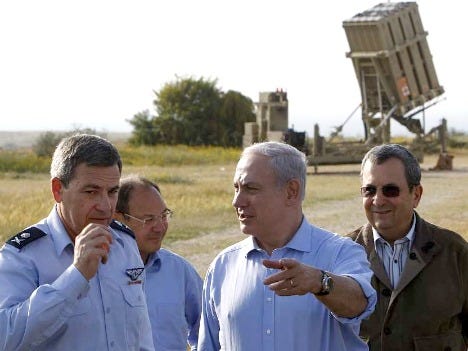Israel’s advanced air defense systems, including the Iron Dome and Arrow missile interceptors, are facing unprecedented pressure amid the ongoing conflict with Iran. Reports indicate that Israel’s interceptor missile stocks are rapidly depleting, raising concerns about the sustainability of its defense capabilities.
Escalating Costs and Depleting Stocks
The cost of intercepting Iranian missiles is substantial. Each Arrow missile, designed to counter long-range ballistic threats, costs approximately $3 million, while the newer Arrow-3 variant, capable of intercepting missiles in space, is slightly less expensive. In a recent wave of attacks, Israel reportedly expended around 180 Arrow missiles, totaling an estimated $450 million—more than double the cost of the Iranian missile barrage.
The financial strain is compounded by the rapid consumption of interceptors. Israeli defense industries are operating at full capacity, with triple shifts implemented to meet the demand. However, sourcing raw materials has become increasingly challenging, as international suppliers, particularly in Europe, are reluctant to provide essential components.
Operational Strain and Strategic Decisions
The intensity of the conflict has led to operational challenges. Some Iranian missiles have successfully penetrated Israel’s defenses, striking areas in Tel Aviv and causing civilian casualties. While the Iron Dome continues to intercept short-range threats, its effectiveness is being tested by the sheer volume of incoming projectiles.
As stocks dwindle, Israel may face difficult decisions regarding the allocation of interceptors. Prioritizing defense for critical infrastructure and densely populated areas could leave other regions vulnerable. This strategic dilemma underscores the limitations of relying heavily on expensive interceptor systems in prolonged conflicts.
International Support and Future Outlook
The United States has pledged support to bolster Israel’s defense capabilities. A Terminal High Altitude Area Defense (THAAD) system has been deployed to enhance interception capabilities. Additionally, the U.S. has approved a special budget of $14.1 billion to replenish interceptor stockpiles and advance the development of laser-based defense systems, which are expected to reduce operational costs.
Despite these efforts, experts caution that without a significant increase in interceptor production and a reevaluation of defense strategies, Israel’s air defense systems may struggle to maintain their effectiveness in the face of sustained missile threats. Iran has a huge stockpile and will be targeting Israel constantly. Israel is a small country for how long it can continue with the current strategy it hard to tell. It would either look to go on the offensive quick or need its Western allies to jump in. If so the current clash is bound to expand multi fold.








